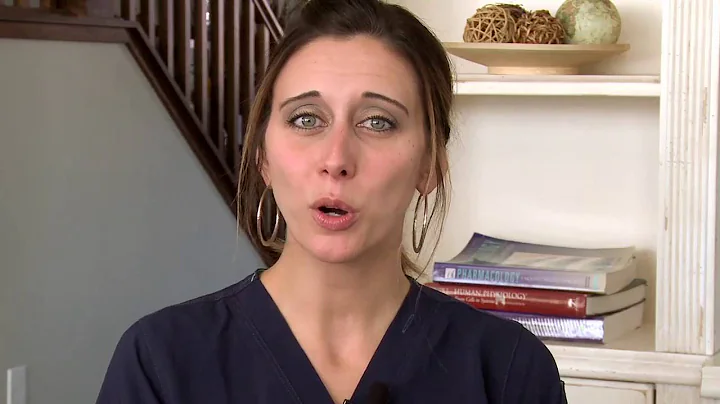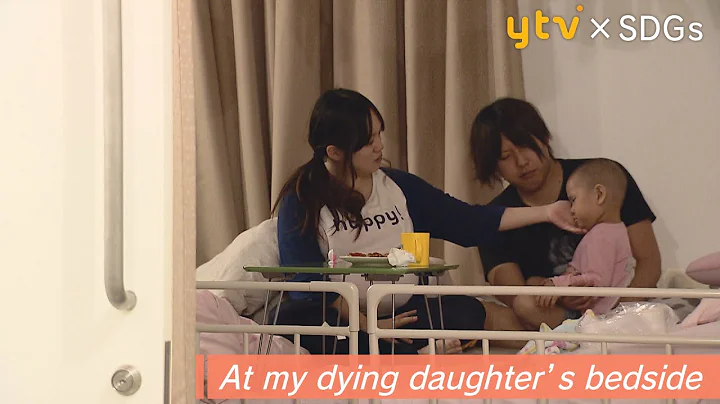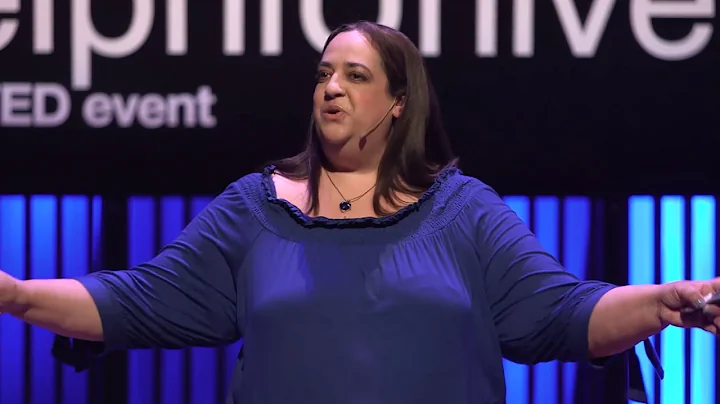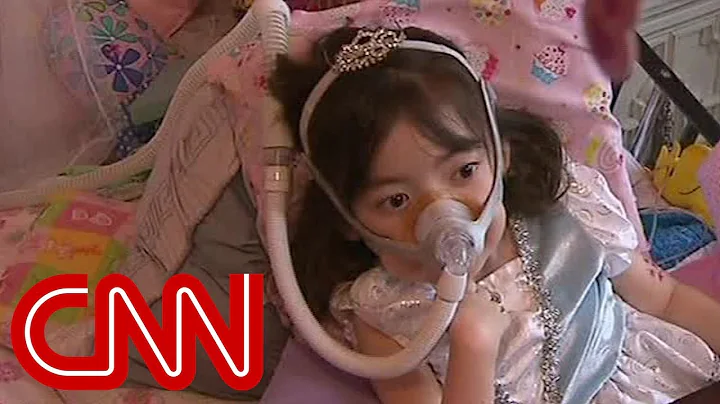Female The hardship of being pregnant with in ten months can only be understood by yourself. Not only do you have morning sickness after pregnancy, but as the fetus continues to grow, the physical burden also increases, and you will also suffer from pubic bone pain and difficulty moving. And when you give birth to your baby successfully, you still have to face many postpartum problems. Many people suffer from urinary incontinence, urinary retention , infections, etc. We need to study clearly how to solve these problems.

1, urinary incontinence
Many women suffer from urinary incontinence after giving birth. This is because the mother’s bladder and urethra will be squeezed to varying degrees during delivery, and the surrounding ligaments may even be torn, causing damage to the supporting tissue. If it becomes loose, urine leakage will occur, which is urinary incontinence.
In order to improve this situation, you should properly perform levator anus exercises and regularly contract upwards and relax the anus, which can improve the relaxation of pelvic floor muscles, improve muscle contraction ability, and at the same time promote blood circulation, which is helpful for urinary incontinence. To improve the effect, postpartum care cannot be ignored.

2, urinary retention
People who maintain a healthy body urinate smoothly. When they feel the urge to urinate, they can go to the toilet as soon as possible to clear the urine. However, many women find that they cannot pass urine completely after giving birth. This may be due to urinary retention. Urinary retention will have consequences, and if not resolved in time, uterine contractions cannot be maintained well, vaginal bleeding may occur, and in severe cases, infection may occur.
In order to solve this problem, do not drink too much water. Just meet the water needs and reduce the pressure on the bladder. You can also use warm water sitz bath to relieve the increased pressure caused by urethral tension, and use both hands to press to promote urine excretion. If it still does not improve, you need to see a doctor as soon as possible and use sterile catheterization.

3, Urinary tract infection
Some women have urinary tract infection after giving birth. Failure to keep their private parts dry and hygienic will allow bacteria to breed and cause infection when their resistance is weak.
To improve this situation, you should pay attention to hygiene issues and change your close-fitting clothes in time. Of course, you can also drink an appropriate amount of water to meet the demand for water to accelerate urinary excretion and wash away the bacteria produced. Underwear should be kept loose and breathable. If the infection is serious, medication should be used to treat it if necessary.
4, Postpartum depression
Postpartum depression is a situation encountered by many women. They have obvious depressive symptoms after giving birth, manifesting as restlessness and low mood. It may occur within six weeks after giving birth. Some people can recover on their own. Some people last for a long time due to genetic, endocrine, physical diseases, and social and psychological factors.
may cause postpartum depression, resulting in physical symptoms and mood changes. Treatment should be psychological intervention . It can also be relieved through stress transfer, listening to music, and venting emotions. If necessary, drugs can be used to fight depression. #媯 Zero Zero Plan#





















